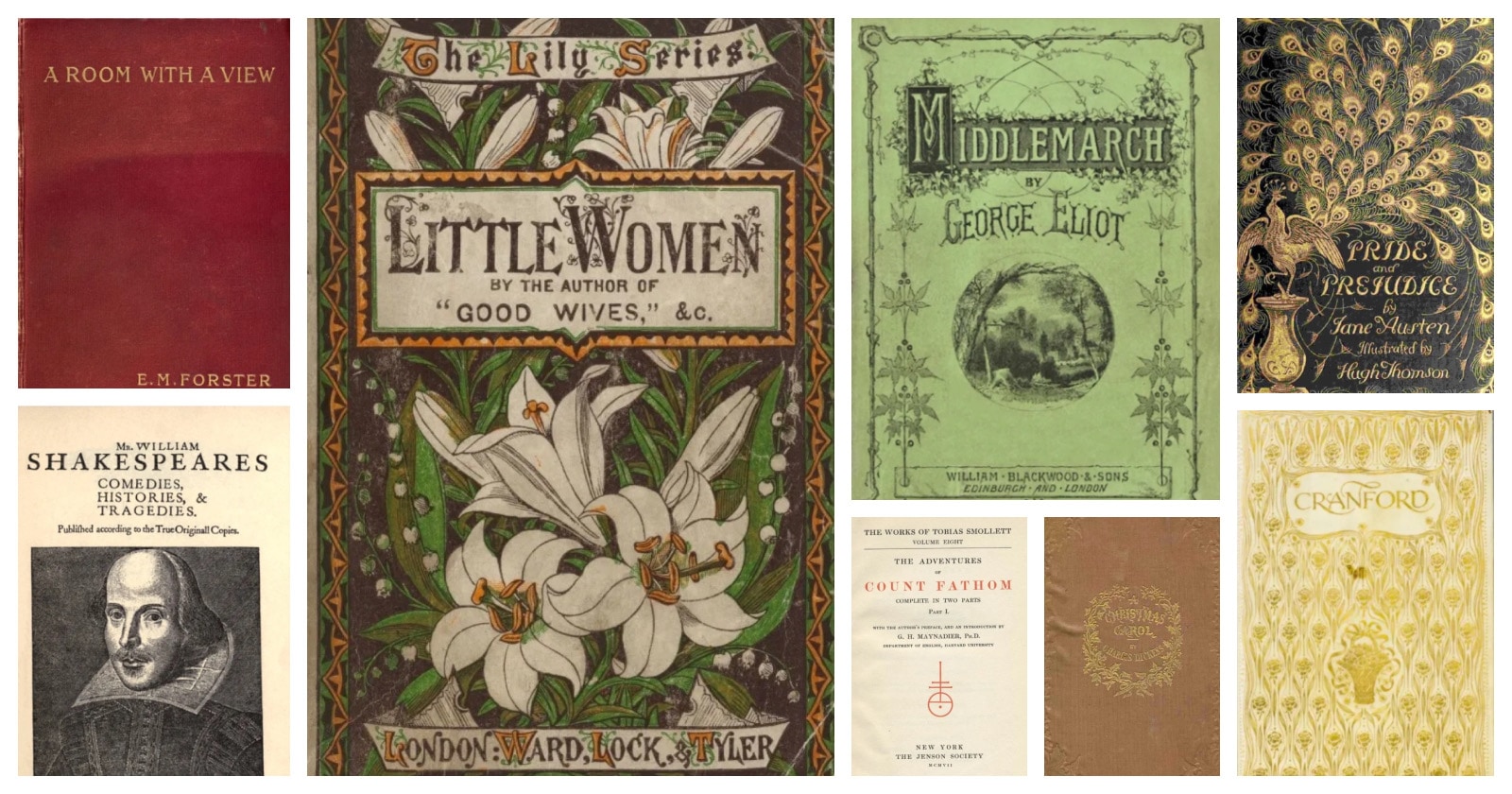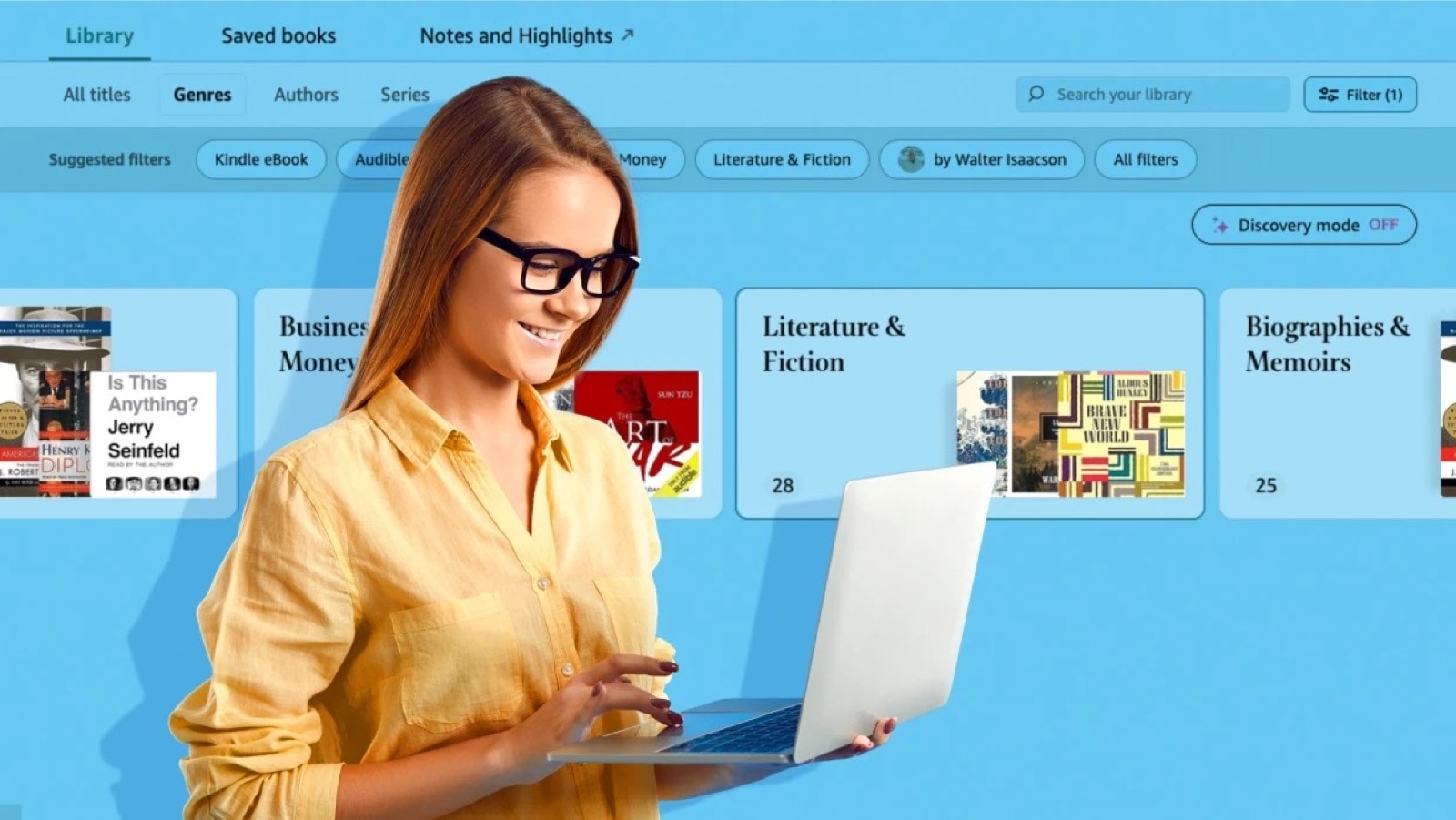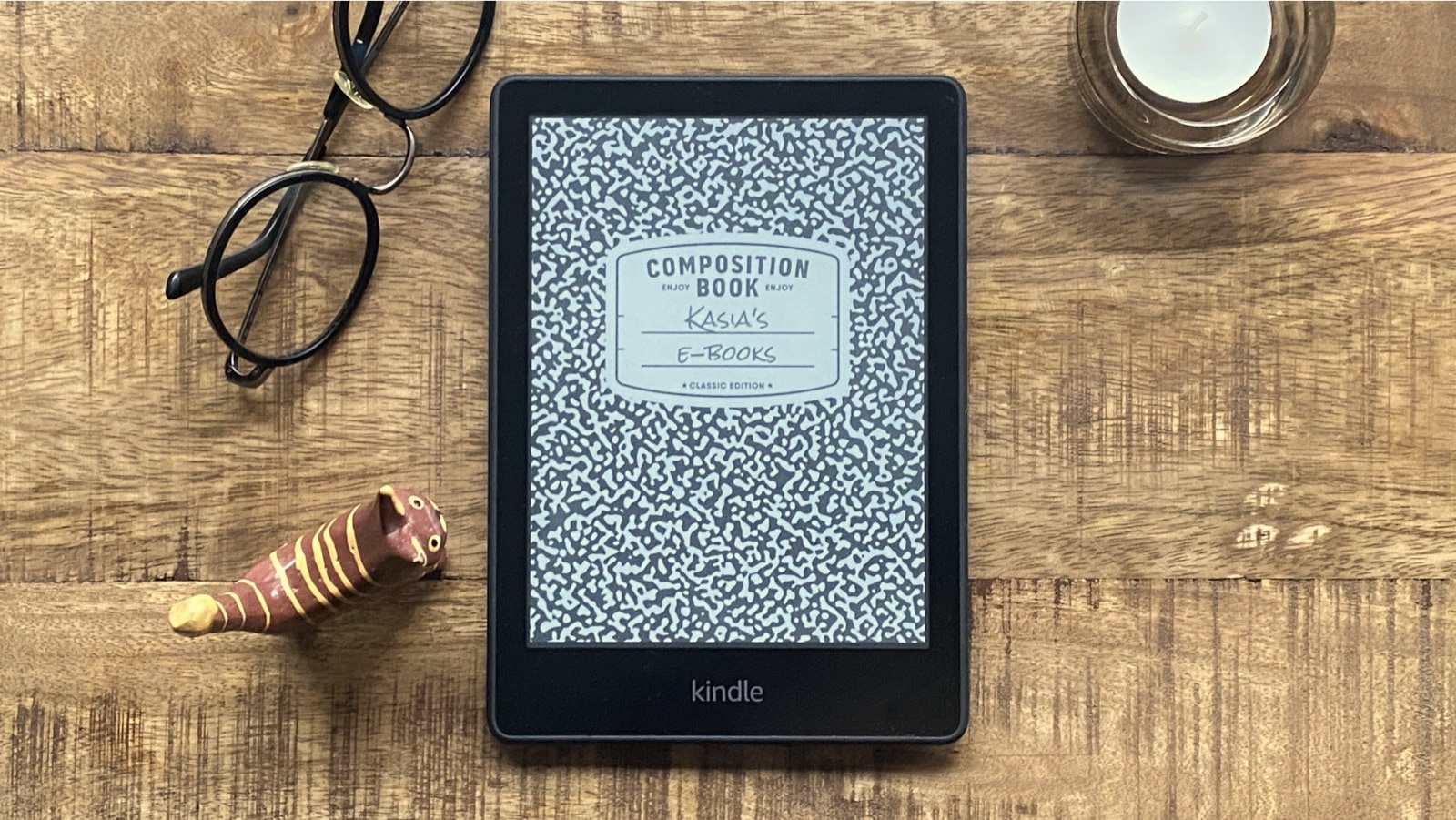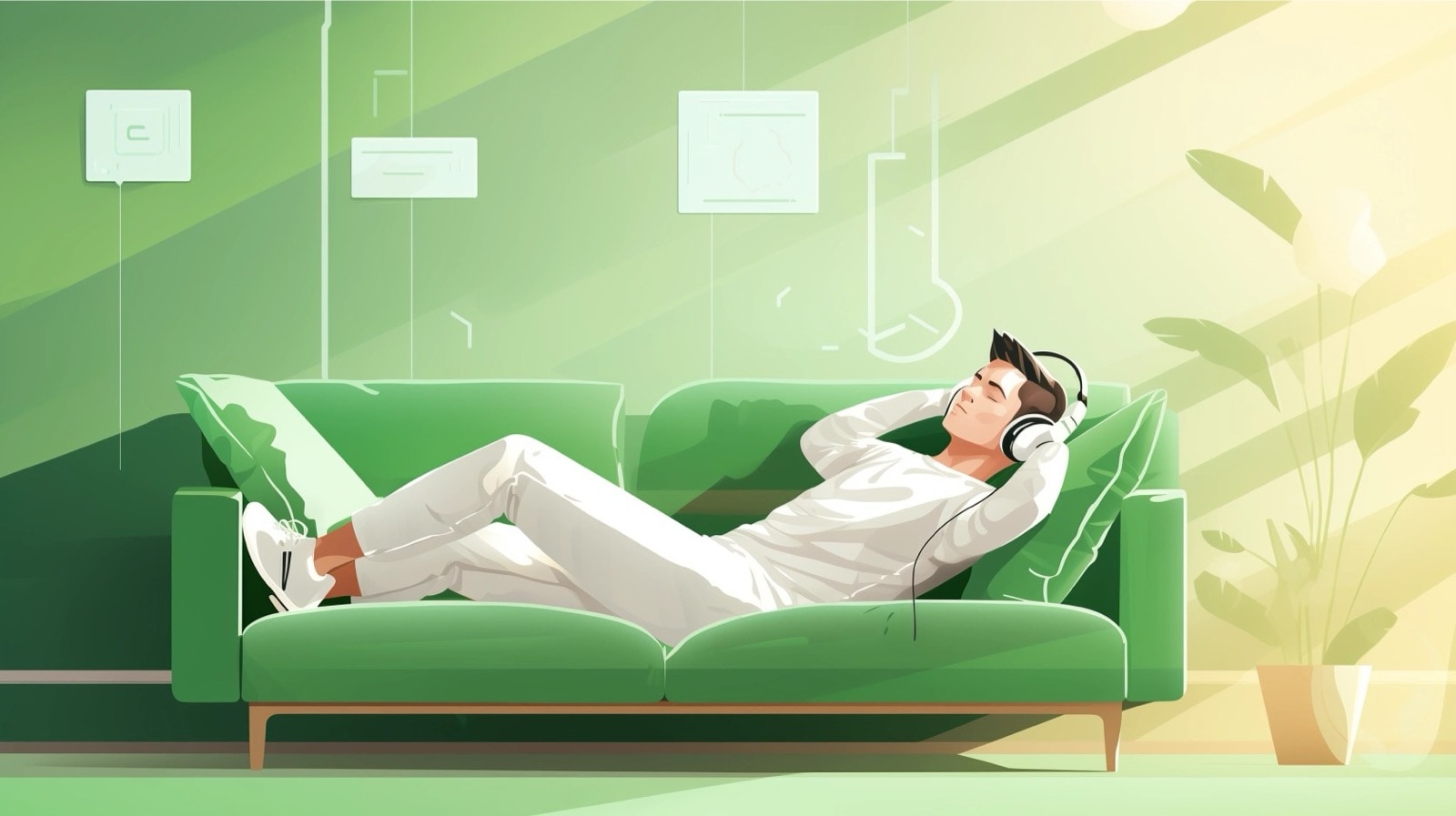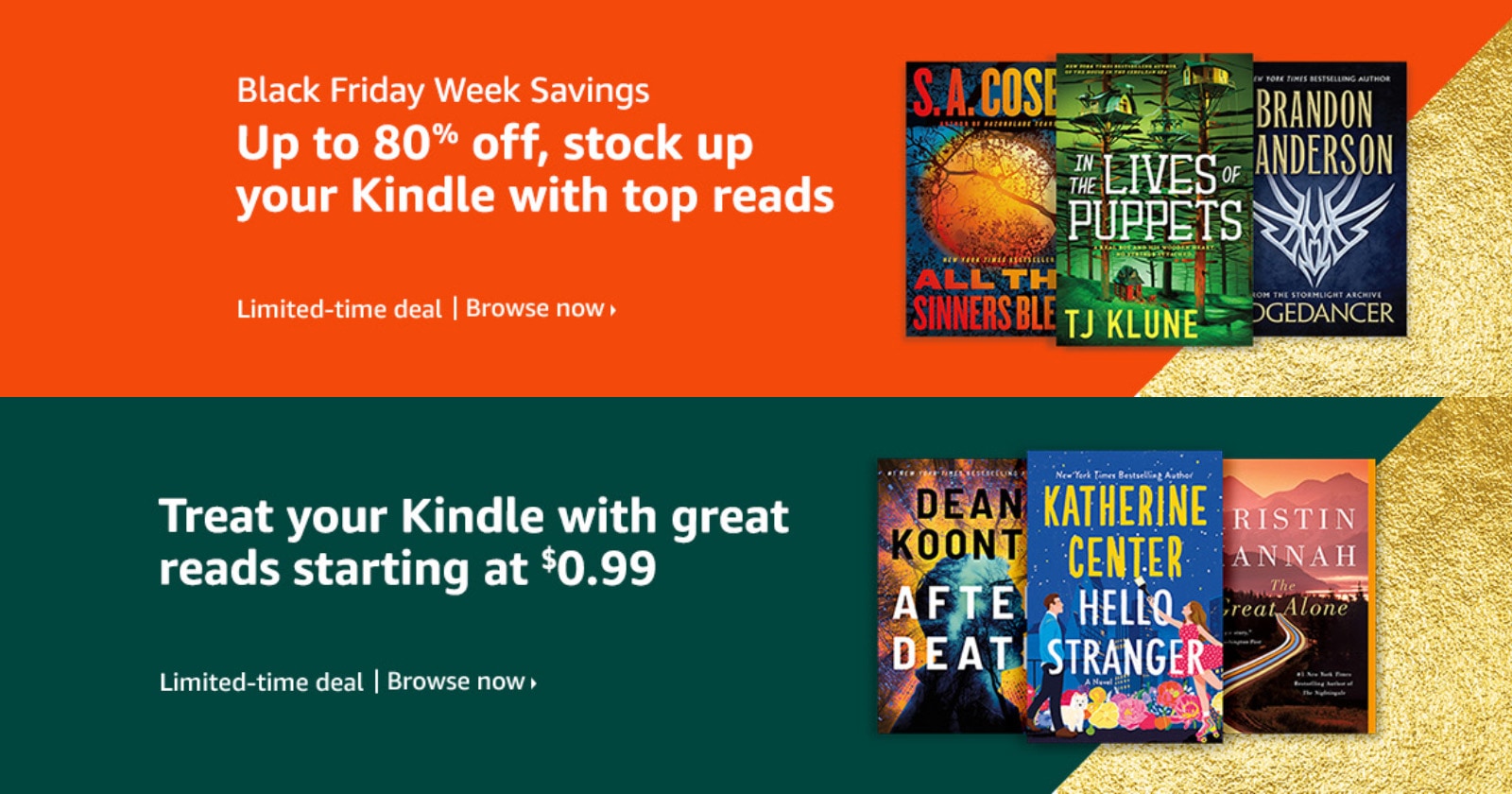Letting ebooks enter the lives of millions of people is a long and difficult process. Some people welcome digital reading with enthusiasm; some see nothing more than fear and nostalgia.
[ef-archive number=2 tag=”lists” ]
Therefore, listing only the positive thoughts about ebooks and digital publishing would not reflect the truth.
The truth is that Ray Bradbury was one of the strongest opponents of ebooks. His “Computer does not smell” expresses the notion of millions of book lovers.
The truth is Steve Jobs was so sure people would stop reading that his judgment influenced Apple’s strategy in the digital publishing business for years.
On the contrary, one hundred years ago Thomas Edison predicted that print books would be supplemented with some the new technology.
I accompanied each quote with details about when and where it was written or spoken. You’ll find the thoughts listed in chronological order, with the newest on top.
Please leave your suggestions which other quotes should be included in this post. If possible, please provide the links to sources. Thanks a lot!
[ef-reco id=”112670″ title=”Read also” info=”Top article”]
Best quotes about books in the digital era
László Krasznahorkai, 2015
It’s the most accurate description of what are the current threats to reading and literature.
The thought was shared by the Hungarian screenwriter and novelist László Krasznahorkai, during his lecture at the Brooklyn Book Festival in September 2015.
In an article for Flavorwire, Jonathon Sturgeon gives more details:
Whether mobile phones become the literary device of choice, whether e-readers bounce back or some unforeseen “disruptive” technology emerges, the now steady to precipitous decline in ebook sales will likely mitigate (for now) doom-and-gloom prophesying about literature and its future. The overall health of literature is not determined by its platform […] Devices are not dangerous for literature. People can be dangerous for literature. People, for example, who do not read.
Mark Zuckerberg, 2015
A New Year resolution of Mark Zuckerberg is to focus on books. The founder of Facebook decided to read in 2015 one book per week.
He created a special page, A Year of Books, where you can find new books and participate in discussions about them. The picked books help to learn about different cultures, beliefs, histories and technologies.
This is how Mark Zuckerberg explains his decision in a Facebook post from January 3, 2015:
I’m excited for my reading challenge. I’ve found reading books very intellectually fulfilling. Books allow you to fully explore a topic and immerse yourself in a deeper way than most media today. I’m looking forward to shifting more of my media diet towards reading books.
Dermot Davis, 2013
This quote comes from a book by the Irish writer Dermot Davis, Brain: The Man Who Wrote the Book That Changed the World – a satirical look at the life of the writer in the modern age publishing.
I told you that the book is selling,” she said smugly. “Crazy people buy books, I guess. And that’s just print; digital downloads are a whole other box of rainbow-colored crayons. Crazy people love their Kindles.”
Craig Mod, 2013
Craig Mod is a writer and designer, formerly working for Flipboard, famous for his essays about the future of books, digital reading, publishing, and storytelling.
In the interview with The Verge, What is a book in the age of the iPad?, from February 6, 2013, when answering a question about translating Japanese book cover art into a digital form, he defined the trend that can refer to ebooks in general:
So, I don’t know, I think it’s an inevitability, and I think that the port has been opened, so to speak. Just sitting here even an hour ago, a businessman, maybe in his 40s, 50s, was reading his manga on an iPad mini. I don’t know, I think nostalgia is very quickly replaced with convenience.
J.K. Rowling, 2013
When the author of the the wizard world series Harry Potter released her first novel for an adult audience, she was interviewed by Cynthia McFadden from ABC News.
While J.K. Rowling prefers print books, she admitted she downloaded hundreds of ebooks to the iPad, and having a little library at hand was for her “a revelation.”
I would always want printed books. So maybe – maybe when I’m 70, my latest novel will be [only digital]. I’ll just have one specially printed for me because I’ll always want them to be ink and paper,” she said when asked about the future of reading. […] Honestly, I think we should be delighted people still want to read, be it on a Kindle or a Nook or whatever the latest device is.
Ray Bradbury, 2010
Ray Bradbury, one of the most celebrated 20th-century American writers, was the strong opponent of ebooks.
In an interview with The Paris Review (Ray Bradbury, The Art of Fiction No. 203, No. 192, Spring 2010), asked about what he thinks of ebooks and Amazon Kindle, Bradbury said:
Those aren’t books. You can’t hold a computer in your hand like you can a book. A computer does not smell. There are two perfumes to a book. If a book is new, it smells great. If a book is old, it smells even better. It smells like ancient Egypt. A book has got to smell. You have to hold it in your hands and pray to it. You put it in your pocket and you walk with it. And it stays with you forever. But the computer doesn’t do that for you. I’m sorry.
Despite Bradbury’s dislike of the digital books, his most famous novel, Fahrenheit 451, describing a dystopian future in which reading books is outlawed, was published as an ebook by Simon & Schuster in late November 2011.
Stephen Fry, 2009
It’s probably the most famous quote about ebooks. Stephen Fry shared this thought in a tweet from March 11, 2009, and since that time it was cited the countless number of times.
This is the point. One technology doesn’t replace another, it complements. Books are no more threatened by Kindle than stairs by elevators.
This quote is the most popular entry a Goodreads page with Kindle quotes, being liked by far more users than any other quote listed here.
This brilliant idea, and a single tweet conveying it, were much more powerful in breaking fears many people had towards ebooks, than any campaign promoting ebook readers or ebookstores.
Steve Jobs, 2008
It’s one of the biggest mistakes of Steve Jobs, the co-founder of Apple and innovator who revolutionized the way we use computers and phones.
In the interview for The New York Times, on January 15, 2008 (“The Passions of Steve Jobs”), he spoke with John Markoff and David Pogue about the Kindle. He said Kindle would go nowhere because Americans have stopped reading:
It doesn’t matter how good or bad the product is, the fact is that people don’t read anymore,” he said. “Forty percent of the people in the U.S. read one book or less last year. The whole conception is flawed at the top because people don’t read anymore.
This approach of Steve Jobs very well explains why Apple’s e-reading ecosystem was introduced as late as in 2010. Since 2007, people were reading on their iPhones despite Jobs’ disbelief, using such legendary applications as Stanza.
Douglas Adams, 2001
Douglas Adams, the British science fiction author, is famous not only for writing The Hitchhiker’s Guide to the Galaxy five-book series, but also for his clever thoughts on technology.
What Douglas Adams said in an episode of the BBC Radio series, called “Hitchhiker’s Guide to the Future,” is one of the most recognizable and clever thoughts about the evolution of the book.
“Hitchhiker’s Guide to the Future” was produced in 2001, shortly before author’s death. The audio track is no longer available on the BBC Radio 4 website, but you can find here a link to a transcript of a chat accompanying the series.
Douglas Adams, 2000
Douglas Adams, the British science fiction author, is famous not only for writing The Hitchhiker’s Guide to the Galaxy five-book series, but also for his clever thoughts on technology.
On BBC Online chat, which took place on November 8, 2000, Douglas Adams said:
We notice things that don’t work. We don’t notice things that do. We notice computers, we don’t notice pennies. We notice e-book readers, we don’t notice books.
The quote was included in The Salmon of Doubt: Hitchhiking the Galaxy One Last Time, the book published in May 2002, exactly one year after the author’s death.
Michael S. Hart, 1998
Michael Stern Hart is a legendary founder of Project Gutenberg, the longest-established ebook project in the world, and the creator of a first ebook ever.
On top of what Michael Hart did to fight for literacy in digital times, and to preserve public domain works and resources, he was a true tech visionary. In the interview for Wired Magazine, dating back to November 1998, when asked whether he was creating ebooks so that people could print them out, he answered:
No. Nobody’s going to print these books out. 20 or 30 years from now, there’s going to be some gizmo that kids carry around in their back pocket that has everything in it – including our books, if they want.
No doubt, this is the description of tablets, as we know them now. Michael Hart was wrong only in one thing. The time kids will be carrying tablets with ebooks has come sooner than he had thought.
Thomas Edison, 1913
The words above were reportedly spoken by Thomas Edison in 1913. The great inventor, among his many interests, was involved in the development of machines for displaying motion pictures.
Edison was pretty sure that motion picture devices would be extensively used in education. Quote Investigator cites an interview Edison gave to The New York Dramatic Mirror in July 1913:
Books will soon be obsolete in the public schools. Scholars will be instructed through the eye. It is possible to teach every branch of human knowledge with the motion picture. Our school system will be completely changed inside of ten years.
This is a really great quote to bring back from the past, because it switches the perspective. Ebooks are not a threat to print books. They play in the same team. On the other side of the ring, we see YouTube or video streaming services. This is where the front line lies.
Books won’t be obsolete in the schools, because thanks to digital technology, they evolve, become interactive, more useful and involving than ever before.
Books in the digital age – infographic
Feel free to share this quotegraphic on your blog or in social media.
• • •
To get more posts like this, please subscribe by RSS or email. Let’s also connect on Facebook, Twitter, and Pinterest.
Recent lists to explore:
[ef-archive number=5 tag=”lists”]















